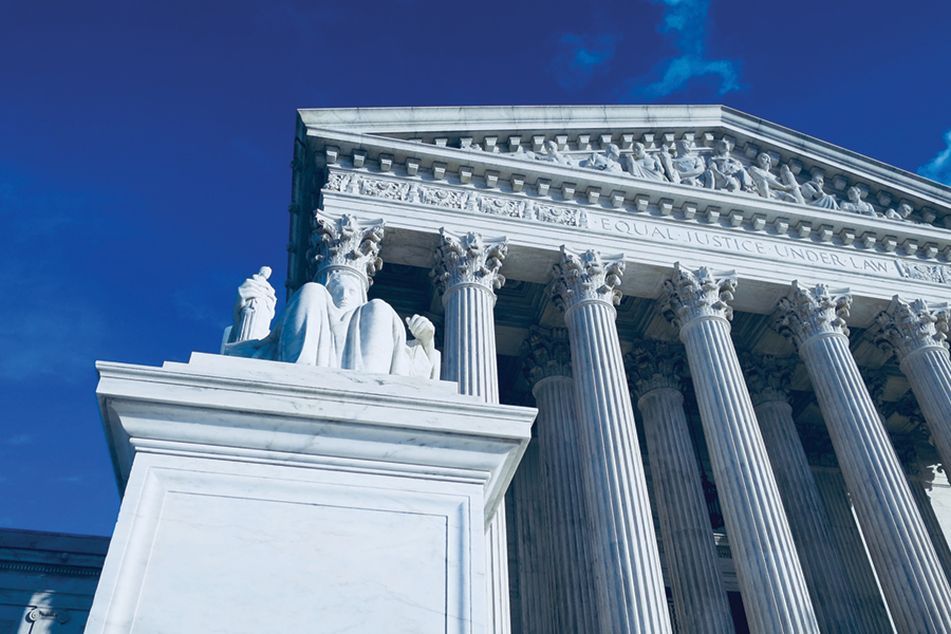SCOTUS vacates Northwestern rulings

In a decision that's almost certainly unwelcome news for retirement plan sponsors, the Supreme Court said lower courts paid too much attention to whether the university's inclusion of some low-cost options in its plans is sufficient to show fiduciaries abided by their duties.
Retirement plan sponsors everywhere Monday got what is almost certainly unwelcome news: The Supreme Court overturned lower courts’ dismissals of a long-running case against Northwestern University.
The court ruled unanimously, excluding Justice Amy Comey Barrett, who did not participate, that the Seventh Circuit Court of Appeals erred in its analysis that led it to uphold a dismissal granted by the district court.
In short, the lower courts paid too much attention to whether the Northwestern plans’ inclusion of some low-cost options is sufficient to show the fiduciaries abided by their duties under the Employee Retirement Income Security Act.
“The Seventh Circuit’s exclusive focus on investor choice elided this aspect of the duty of prudence,” the order read. “The court maintained the same mistaken focus in rejecting petitioners’ claims with respect to record-keeping fees on the grounds that plan participants could have chosen investment options with lower expenses.”
The justices kicked the case back to the Seventh Circuit, directing the appellate judges to “reevaluate the allegations as a whole, considering whether petitioners have plausibly alleged a violation of the duty of prudence as articulated in Tibble under applicable pleading standards.”
Several years ago, the Supreme Court found in the landmark Tibble v. Edison International case that plan fiduciaries have an ongoing duty to monitor plan investments.
In the Northwestern case, which was filed in 2016, the plaintiffs alleged that the school ran afoul of ERISA by opting for investment options and plan services with higher-than-necessary fees.
“In rejecting petitioners’ allegations, the Seventh Circuit did not apply Tibble’s guidance but instead erroneously focused on another component of the duty of prudence: a fiduciary’s obligation to assemble a diverse menu of options,” today’s order read. “But respondents’ provision of an adequate array of investment choices, including the lower cost investments plaintiffs wanted, does not excuse their allegedly imprudent decisions.”
The case against Northwestern, similar to numerous other lawsuits brought in recent years against 401(k) and 403(b) plan sponsors, has relied on the fact that cheaper options were available than those used within the plan. Whether that alone is sufficient to state a claim has been disputed in the case, and that detail is critical to litigators. Because plan committee meetings and notes are usually not public, prior to discovery, plaintiffs’ law firms have little or no direct insight into fiduciaries’ processes for selecting investments and services.
“At times, the circumstances facing an ERISA fiduciary will implicate difficult tradeoffs, and courts must give due regard to the range of reasonable judgments a fiduciary may make based on her experience and expertise,” the order read.
Learn more about reprints and licensing for this article.








